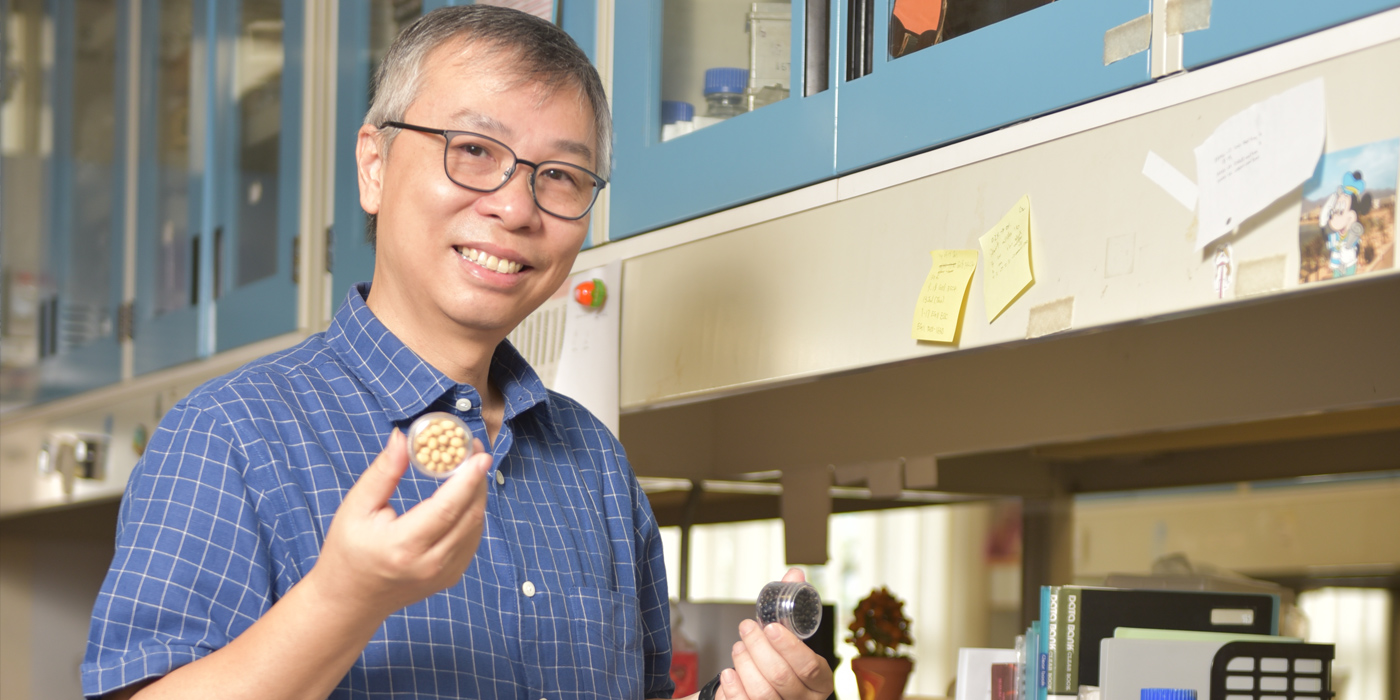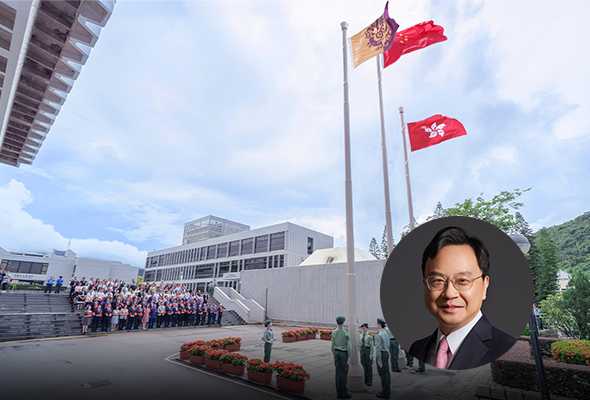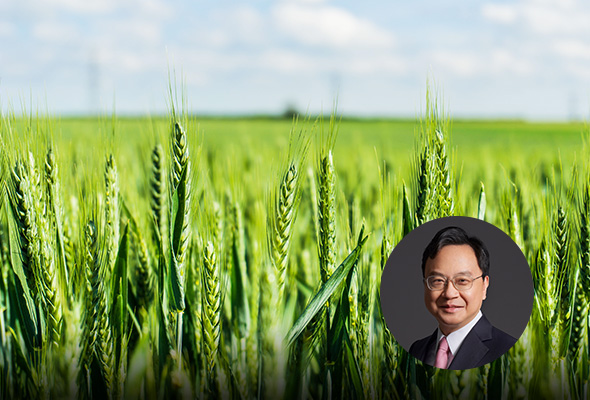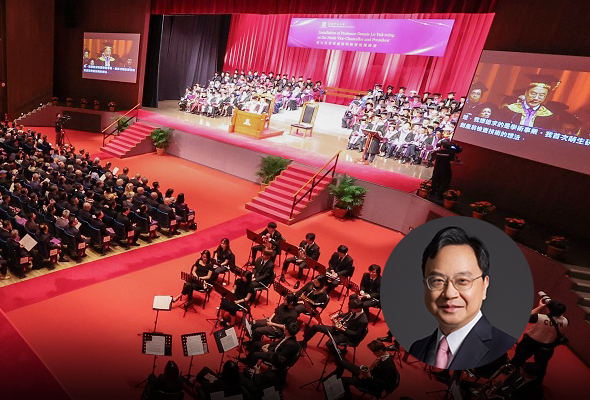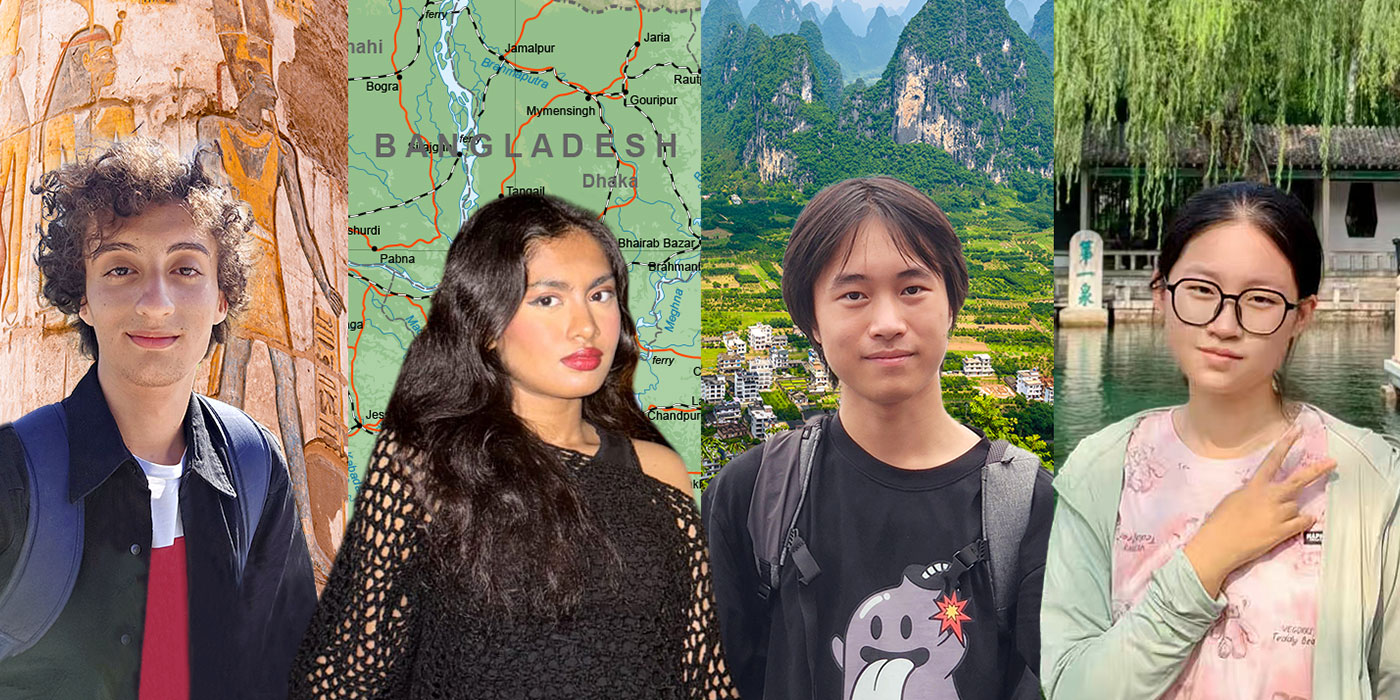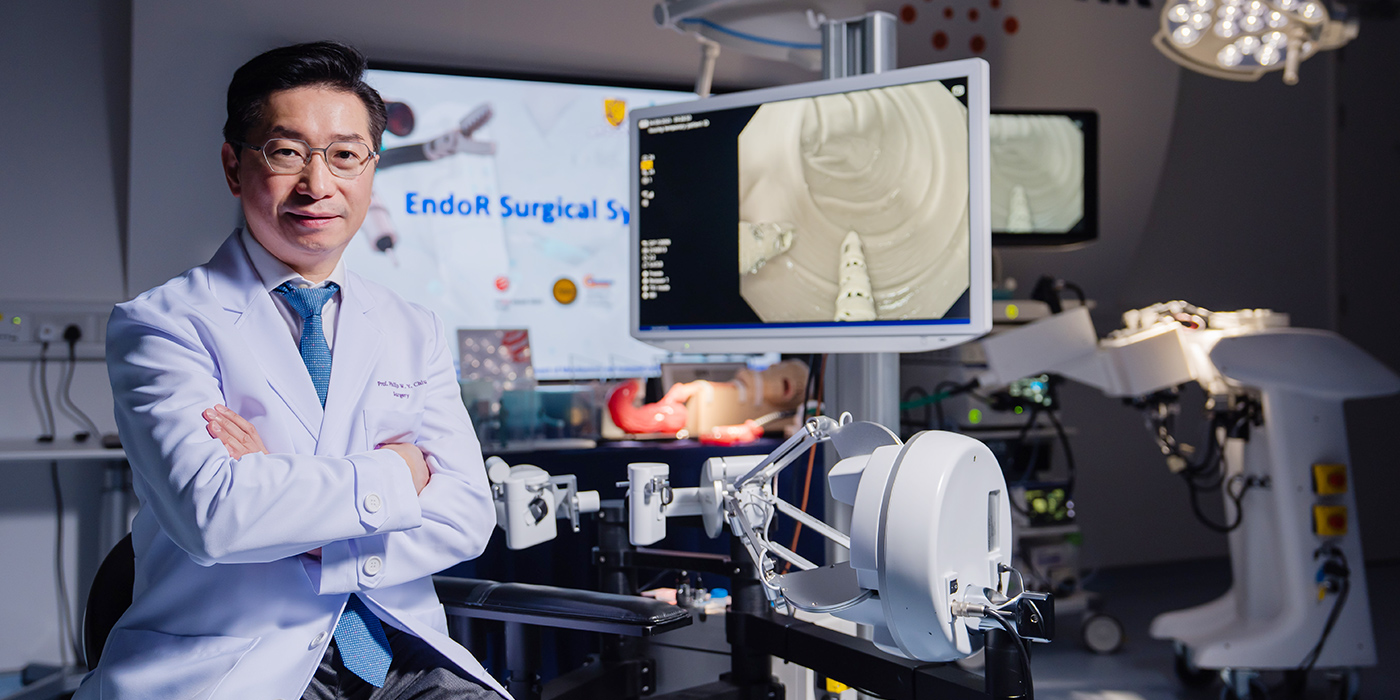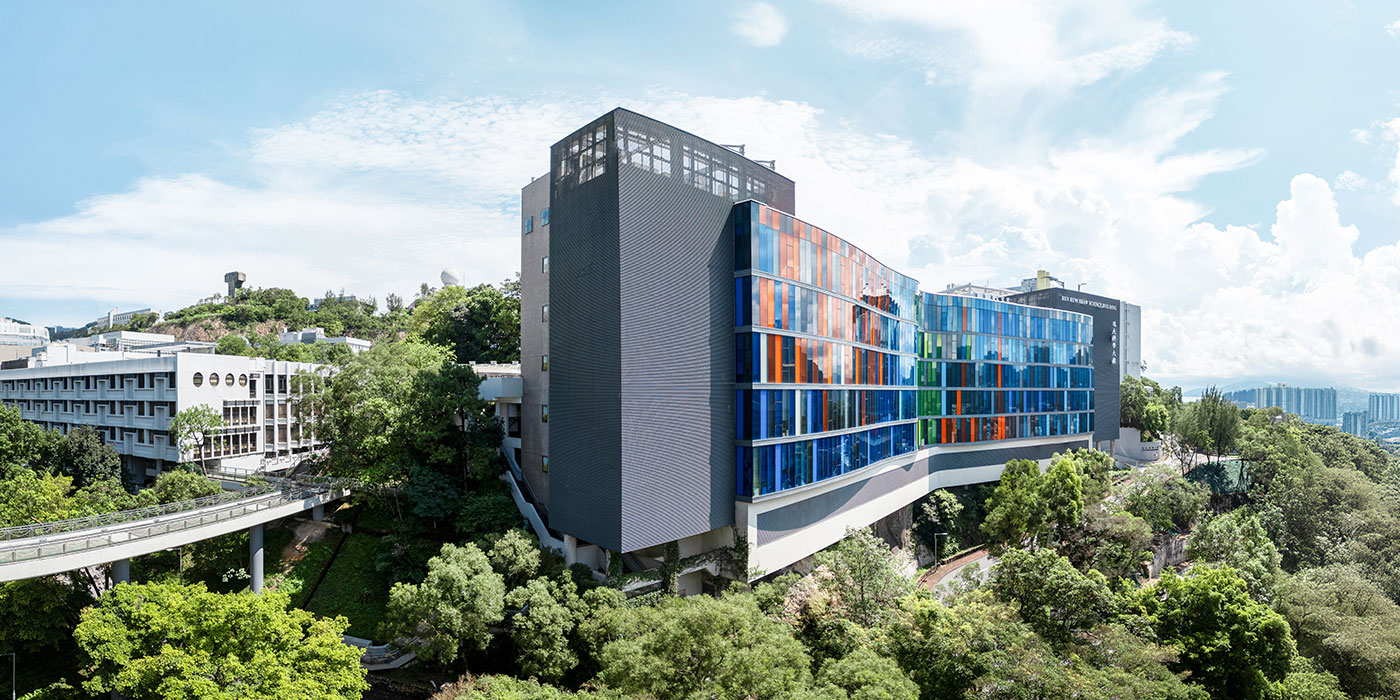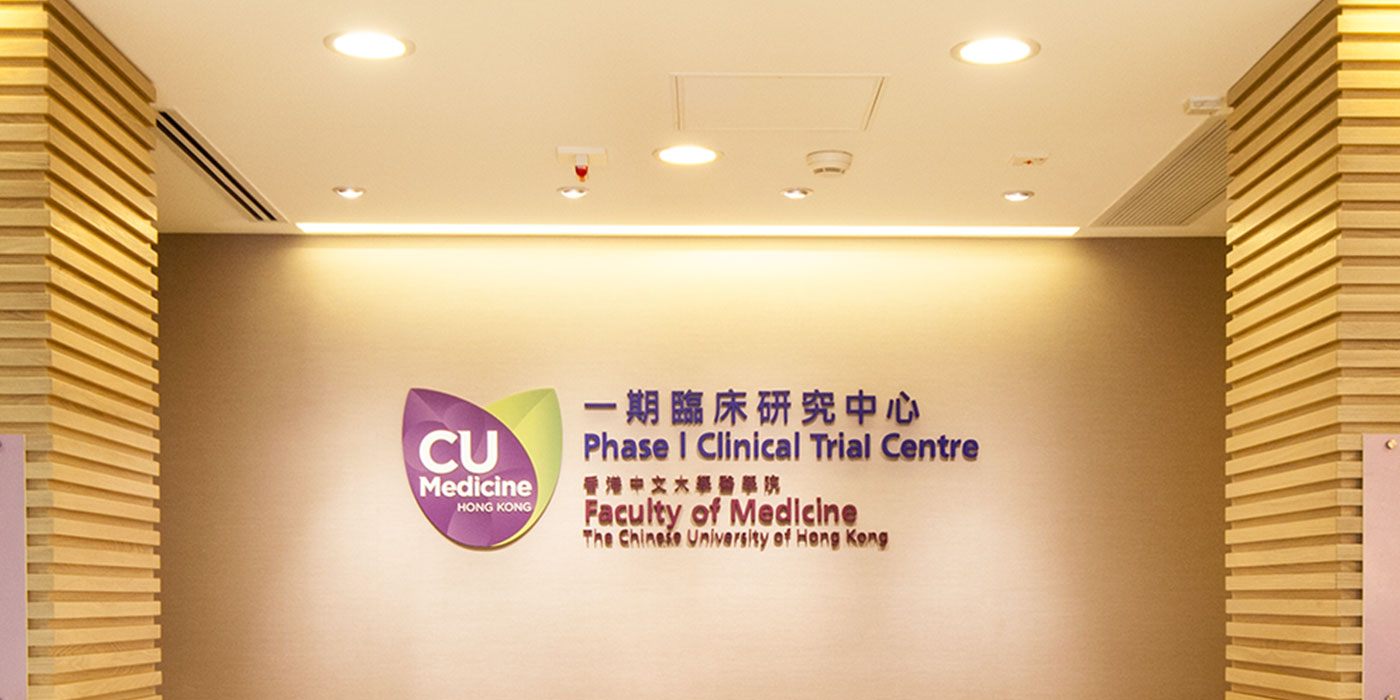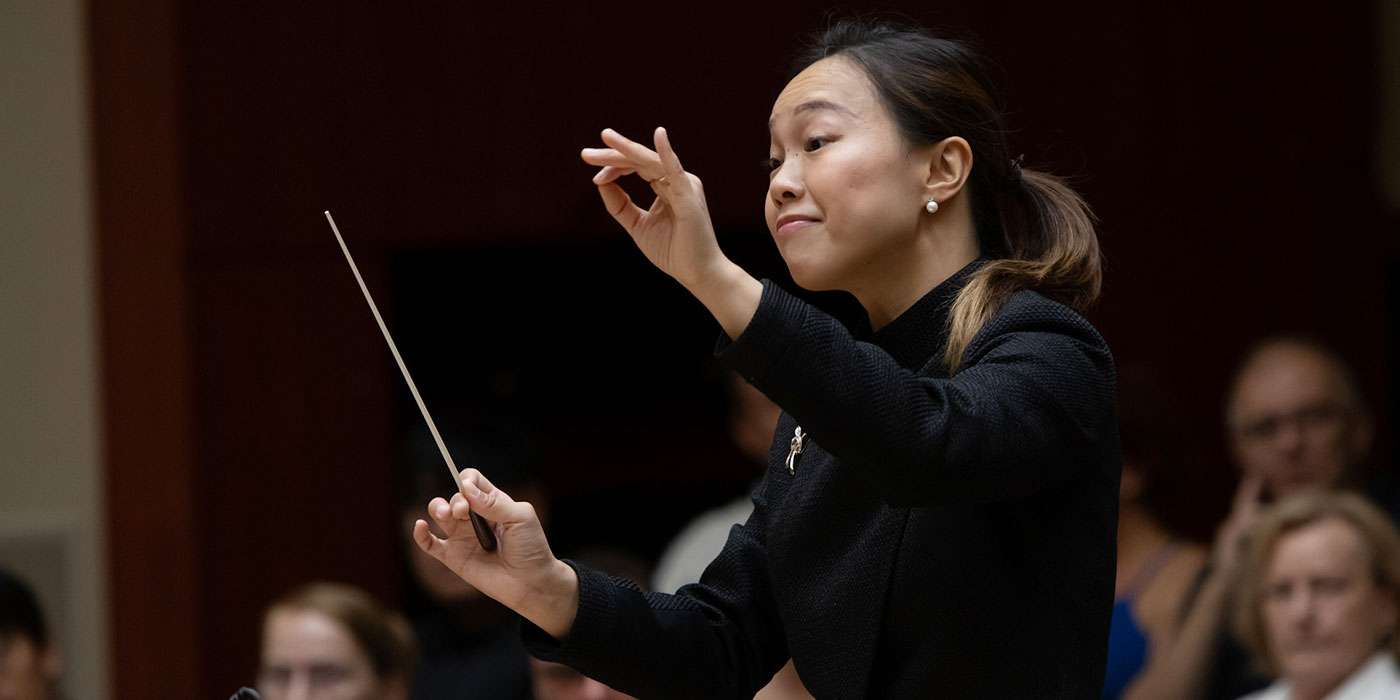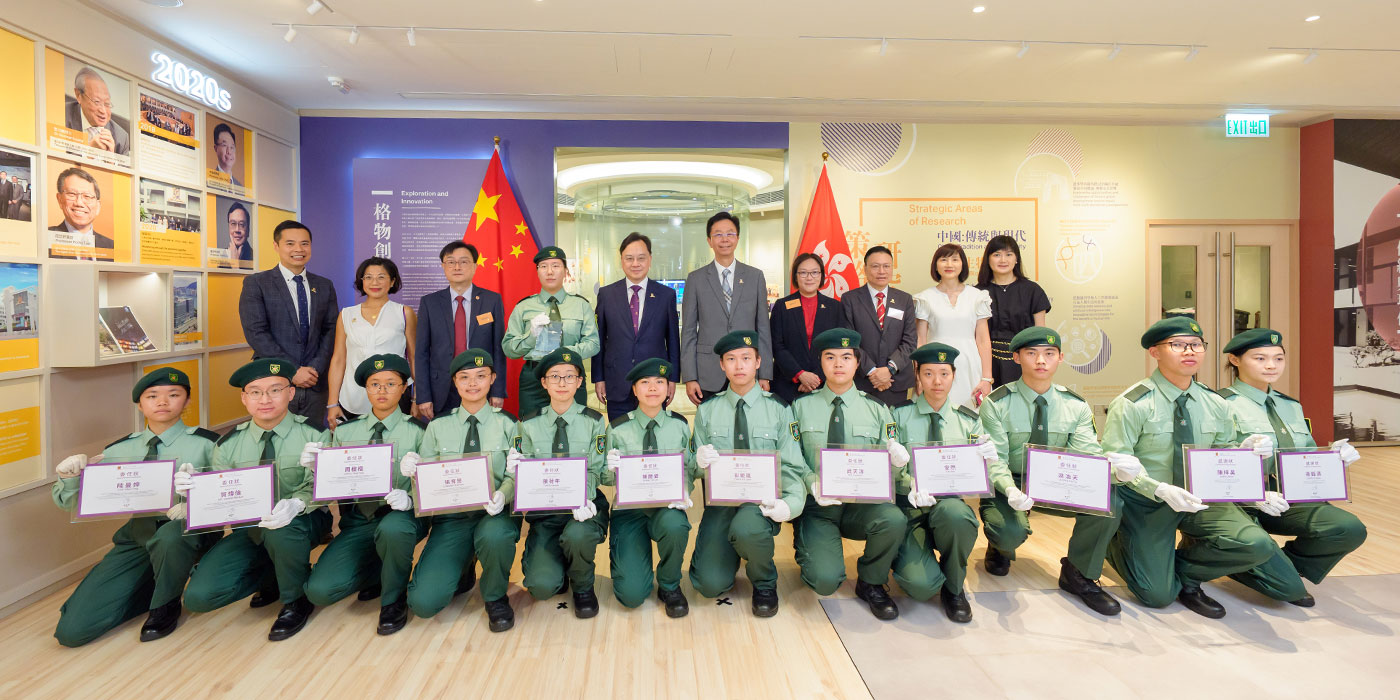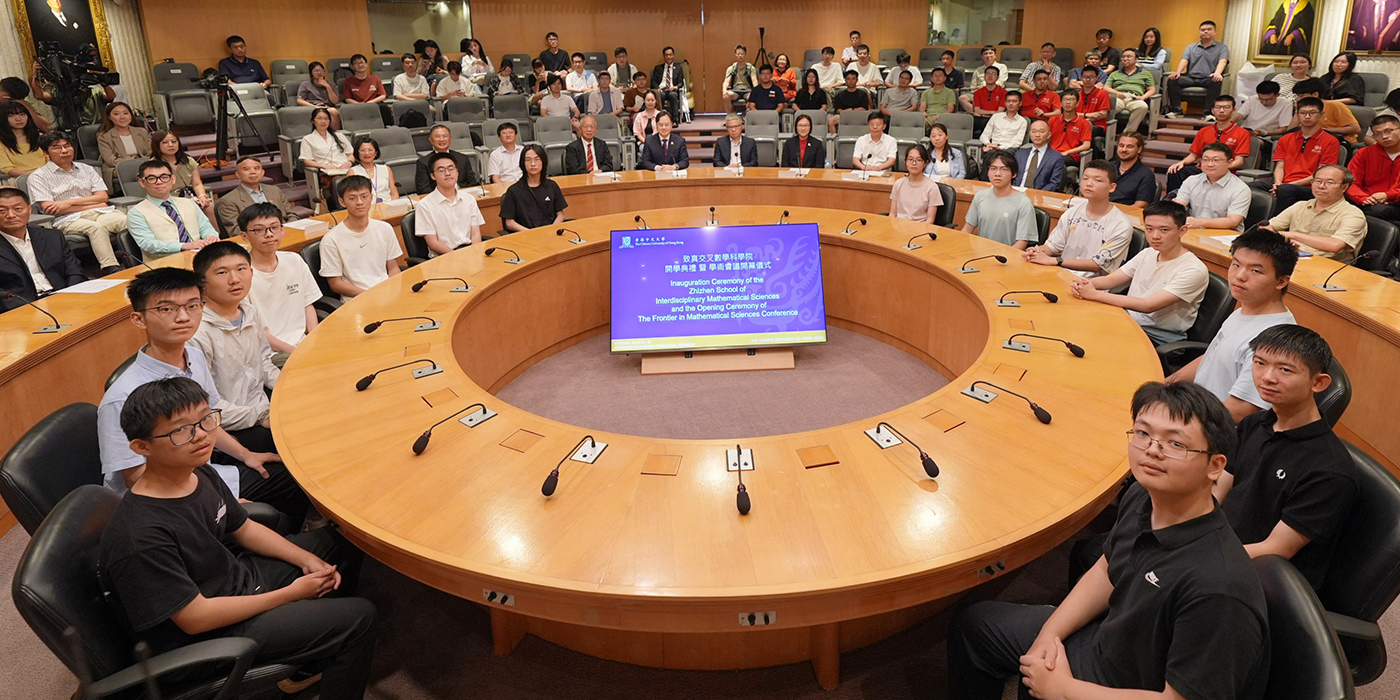Love letters written on land and firmament
Professor Lam Hon-ming of School of Life Sciences was named leader of the year in the category of education, professions, technology and innovation in the eponymous event hosted by Sing Tao News Corporation in June.
A biology graduate of CUHK, where he received his bachelor’s and research master’s degrees, Professor Lam pursued doctoral studies and a research career in the US, before heading back to Hong Kong and joining his alma mater in 1997. He is now the University’s Choh-Ming Li Professor of Life Sciences, Director of State Key Laboratory of Agrobiotechnology (CUHK), and Director of CUHK’s Institute of Environment, Energy and Sustainability.
Europe and the US have been the main bastion of soybean research for decades. Professor Lam, who started his soybean cultivation project in 1997, has revived the study in the field in China, known as soybean’s homeland. Breaking new ground in soybean genomic research, he decoded the genomes of 31 wild and cultivated soybeans and uncovered the crucial gene for salt tolerance. Since 2016, three stress-tolerant cultivars developed by his team—Longhuang 1, Longhuang 2, and Longhuang 3—have been given to poor smallholder farmers in Gansu province for free.
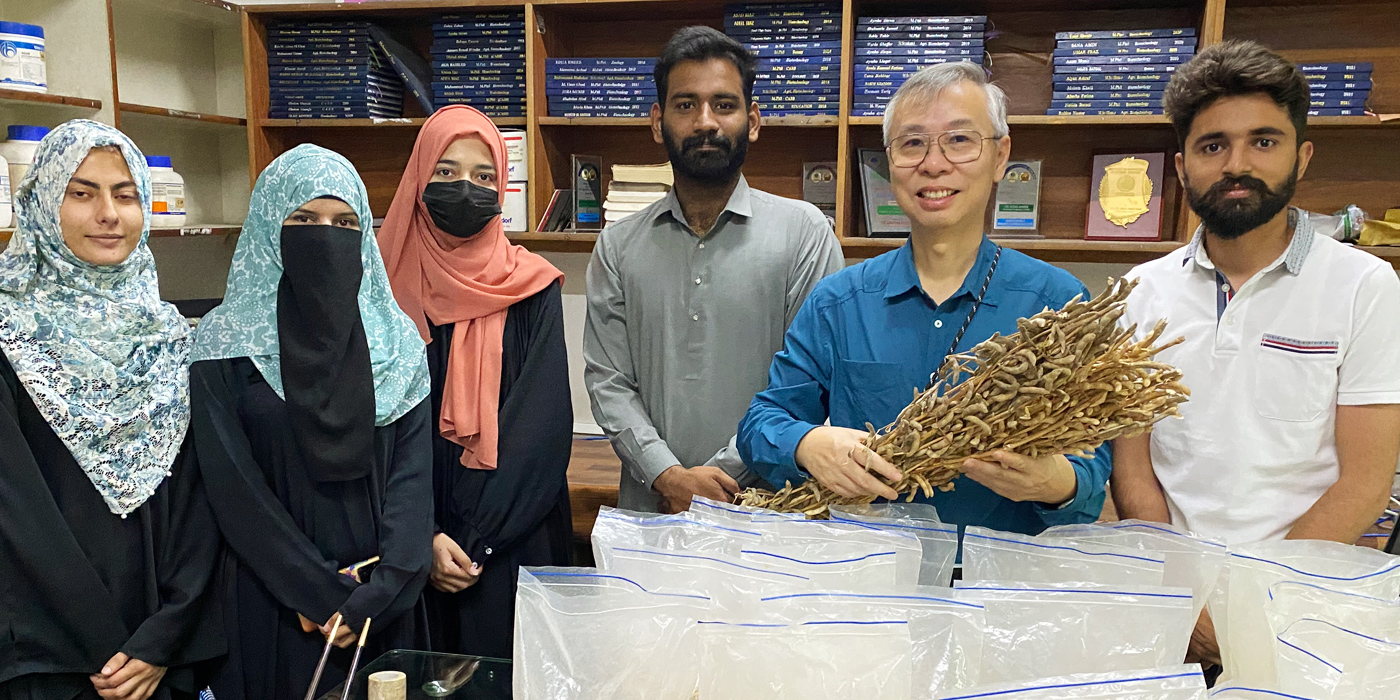
Rhizobia, a kind of bacteria growing with soybean, has been the focus of Professor Lam’s decades-long research career. It fixes atmospheric nitrogen in the soil for legume plants to use, which in turn replenishes the soil. The nitrogen fixing agent also acts as the perfect natural fertiliser for soybean, waiving the use of chemical fertilisers which are big carbon emitters and thus playing a role in alleviating the climate emergency.
For years, Professor Lam has sought to identify promising strains of rhizobia with high nitrogen fixing capacity. Last year, his team launched the city’s first agricultural space experiment, sending rhizobia samples to outer space to test their genetic variations under extraordinary space conditions, with a view to finding resilient new strains that may flourish in the most abysmal of circumstances.
Besides working with Chinese farmers, the professor also develops cultivars that withstand drought and heat for peasants in South Africa and Pakistan to use, whilst helping Pakistani Muslim women acquire agricultural knowhow that improves their social status.
“Seeing our cultivars lining the fields feels like publishing an important essay, which perennially fills me with joy,” says Professor Lam. He feels honoured to receive the award and expresses gratitude to his research team and his family. His wife’s understanding and support, he says, dispels any worries he may have and allows him to devote single-mindedly to scientific research. He is also grateful to the team’s steadfastness and trust in him, with which “they’ve pursued the rocky journey with him uncomplainingly, and given their all”.
Valuing team spirit, the agrobiologist believes “together, we go further”, and is hoping he can bring positive change to the world with like-minded spirits.

